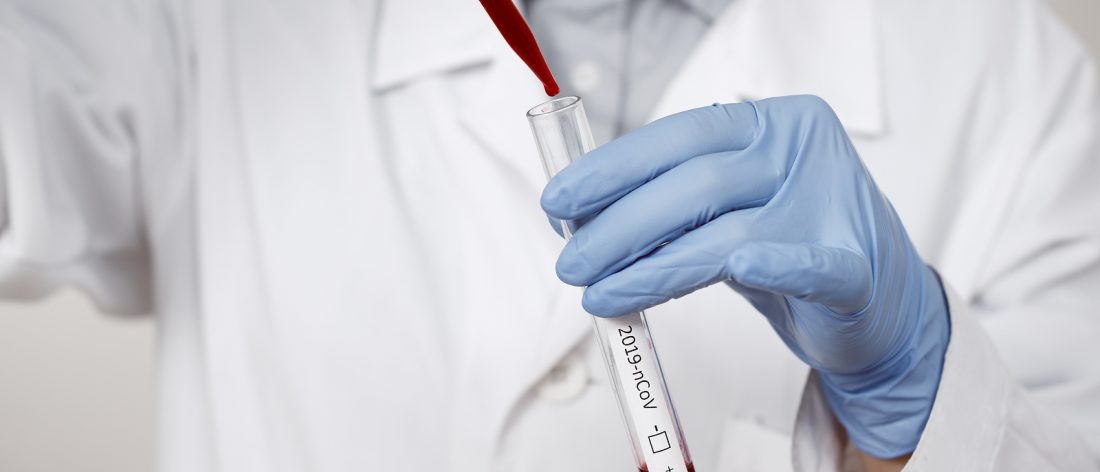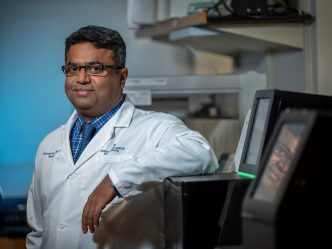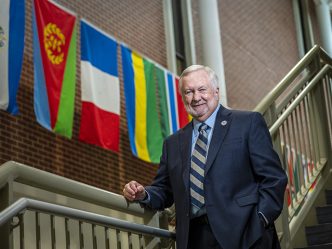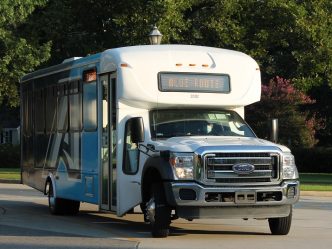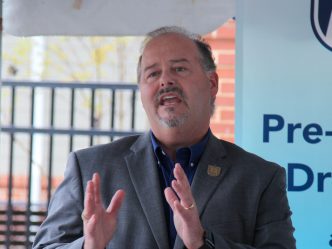As Augusta University continues to increase the capacity to test patients for COVID-19, and as the community watches numbers of tests and positive cases continue to rise, there is an unsung group of heroes behind the scenes hard at work to process those tests as quickly as possible.
After test samples are collected from wherever they’re needed — in the hospital, the emergency department, or one of the drive-thru testing sites — they’re brought to the microbiology lab. Tests that are needed quickly, such as patients and employees, are processed here, while the rest — mostly specimens collected at the drive-thru sites — are sent to the Georgia Esoteric and Molecular Laboratory (GEM Lab) for processing.
“Really, our goal is to meet the demands of our hospital, the emergency department, and we are doing some of the employee testing so that they can get the results back to our employees quicker so they can return to their jobs as needed,” said Dr. Allison McMullen, medical director of microbiology.
When the GEM lab first began testing at AU, the microbiology lab facilitated getting the specimen from the various collection points. On March 28, the microbiology lab went live with its own testing using FDA-approved commercial tests Cepheid, which can be processed in 45 minutes, and DiaSorin, which can be processed in about an hour and a half.
Within a week, the microbiology lab began running tests around the clock.
“Early on we were not testing overnight, but we quickly brought that on to meet the demands of the ER so they could determine where to place patients in the hospital based on test results, or if they could do additional procedures that may have been needed based on test results. We were able to provide those results very rapidly,” McMullen said.
The microbiology lab is currently processing 100 to 150 tests per day. In-patient tests can usually be processed within two and a half hours from the time the sample is taken.
The process is a little longer when it comes from the drive-thru sites. The samples are brought in a batch at the close of the testing site. Then samples are sorted and labeled. Results are usually reported within about 12 hours if the tests are run in the microbiology lab, and within 24 hours if they’re run by the GEM lab, because the processes are slightly different. McMullen said the labs are each processing about 50% of the samples coming in.
The microbiology lab is also beginning to process test samples from rural hospitals across the states, adding a new hospital every couple of days. This adds additional administrative work to register them within the AU system, order the tests, label swabs, etc. Then, once the results are in from both labs, the microbiology team reports the results.
Additional staff has been reassigned to the lab to help with some of these tasks. The lab employs 13 technicians who have been broken into two teams. CNAs and PCTs who normally work in other clinics that have been closed during the crisis have been reassigned to help with some of the administrative tasks. In addition, the Augusta University College of Nursing has stepped in to help make sure the results reach the patient, either through the patient portal or by calling with the results.
“We’ve kind of divided up the staff so there’s a group of people working on our traditional workflows, and then I have basically kind of a COVID team that allows us to prioritize, so they can get those tests going as fast they can without impacting our routine workflow,” McMullen said. “It’s really a team effort.”
 Augusta University
Augusta University
